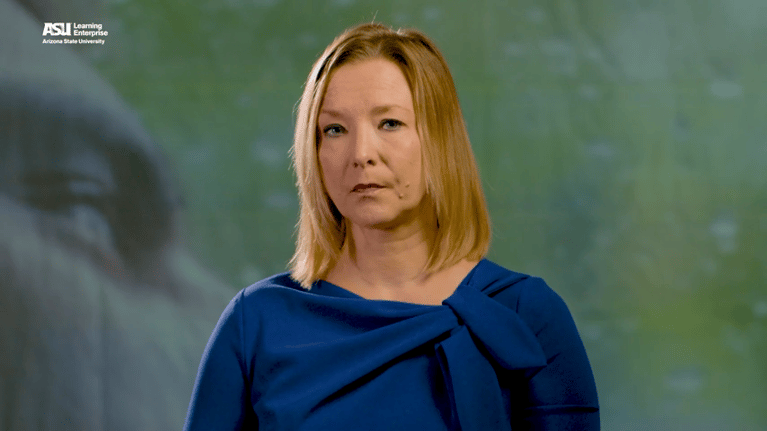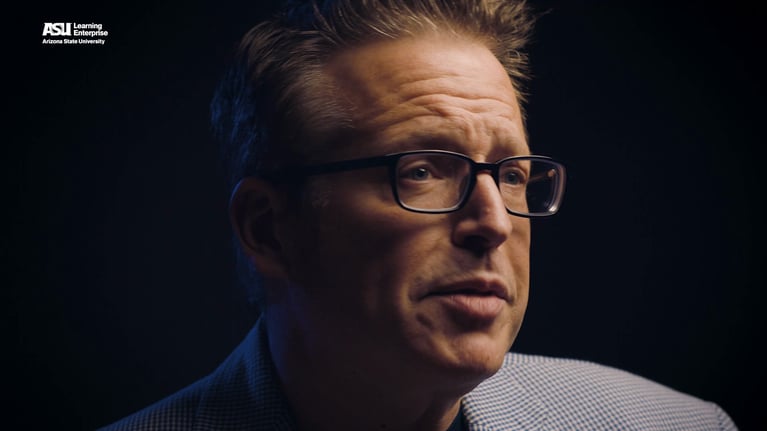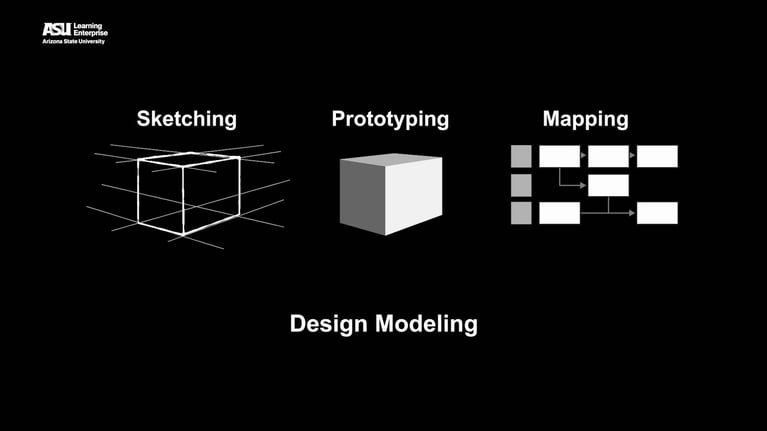Adapting a growth mindset vs fixed mindset is important for overcoming challenges. A fixed mindset creates limiting beliefs in one's ability to grow. Embracing a growth mindset involves viewing mistakes as learning opportunities and seeking continuous improvement. The Keep in School Shape Program is a supportive environment for cultivating a growth mindset. This is one of the ways individuals can realize their potential and achieve success in their educational journey.
Are you familiar with the phrase “I think I can” from the popular children’s book The Little Engine That Could? The story is about a little train engine who accomplishes a seemingly impossible task because it believes it can and so it tries. This really captures the essence of what it means to have a positive mindset. It teaches us that seemingly insurmountable obstacles can be overcome with perseverance and effort.
But, sadly, somewhere between childhood and adulthood, many of us stop really believing that this is true. We totally underestimate what we are capable of. This is particularly true for intellectual challenges. Many students approach school convinced that they lack natural talent and the ability to succeed.
If you think with this fixed mindset, you will be reluctant to take on challenges, work hard, and correct your mistakes. After all, why do all of that when it won’t make a difference anyway?
What you may not realize is that mindset matters – it can make a difference! In fact, there’s lots of scientific evidence suggesting that intelligence is malleable and that intellectual abilities can grow if we put in dedicated, focused effort. This outlook is called a growth mindset. Students with a growth mindset see challenges as opportunities to push themselves (instead of as barriers) and mistakes as opportunities to learn (instead of failures).
So, how do you realize your potential by abandoning a fixed mindset and adopting a growth mindset in its place? Research shows that you need to think about what it means when you make a mistake and what kind of praise you strive for.
Instead of signaling failure, mistakes should be thought of as learning moments. What’s the take away that will help you not make the same mistake again in the future?
And don’t rest on what you’ve accomplished! Be proud of it, but always look for what’s on the horizon. Getting out of your comfort zone and working on math problems that are challenging for you will cause you to grow, and that is really something to be proud of.
Ideally, you’d be cultivating a growth mindset in a supportive environment, like the Keep in School Shape Program (or KiSS Program for short) that I’ve developed to help students review math daily over academic breaks when school is not in session.
In the KiSS Program, if you get a problem wrong, you’ll see encouraging messages like these that emphasize commitment, effort, and reflection.
If you get one of the daily problems correct, feedback messages like these will encourage you to grow by pushing yourself and taking on a related - but more challenging - problem.
The big message behind this? Mindset matters when you’re learning math. It will take work and you’ll make mistakes along the way, but you’ll be moving from “I think I can” to “I knew I could!”


